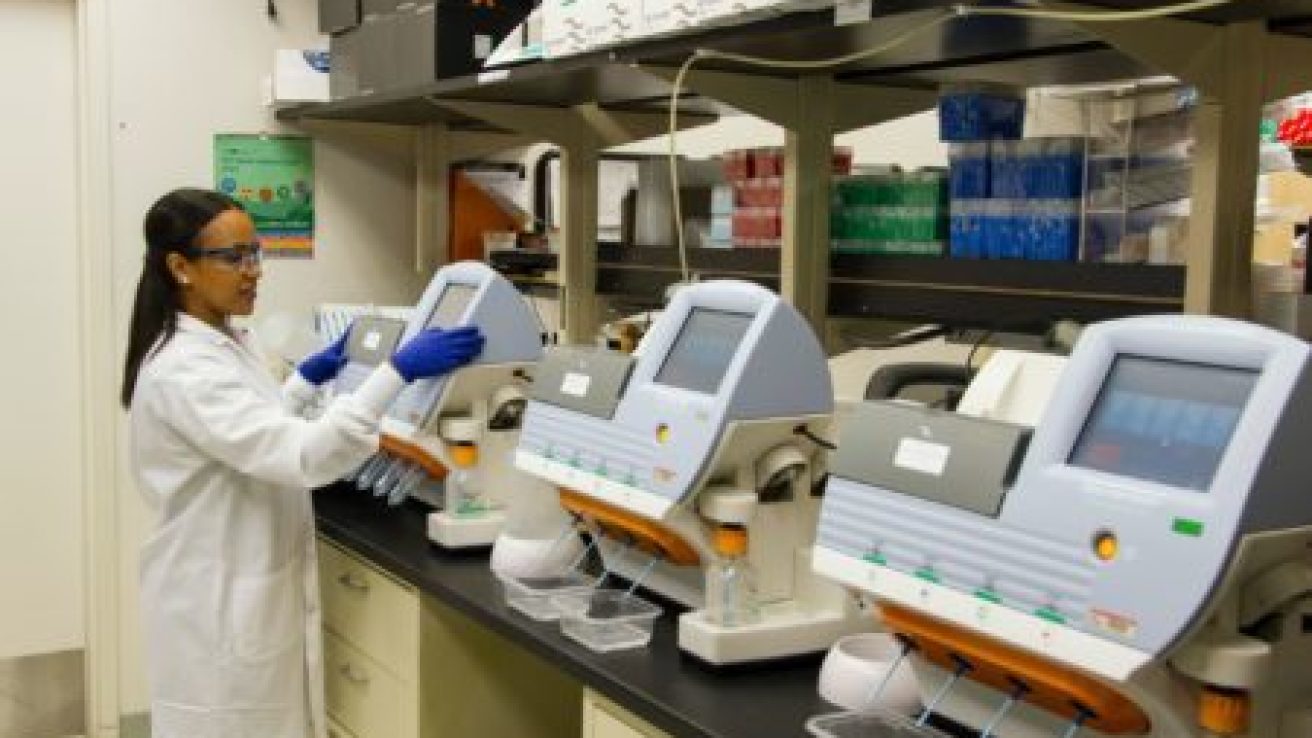Article by. Gerardo Sison
Genetic testing is at the forefront of precision medicine and state-of-the-art treatments for cancer. Precision medicine is a valuable part of oncology as it allows cancer patients to receive targeted treatment, avoid adverse events, and experience optimal outcomes. Through precision medicine, physicians can apply more comprehensive treatment methods that revolve around genetic variability and environmental factors. However, the implementation of precision medicine is highly contingent on adequate data obtained from genetic testing.
Among racial and ethnic minorities, disparities exist that may be influenced by a low socioeconomic status, low health literacy, and limited access to health care. Only 10 percent of specimens from the National Cancer Institute’s network of biorepositories are from non-white patients. In addition, according to the Journal of Cancer, less than 5 percent of cancer patients are enrolled in a clinical trial and less than 10 percent of those enrolled are minorities.
Potential practices to increase genetic testing
Cancer organizations are developing ways to tackle barriers to genetic testing for African Americans and Hispanics. In 2016, the Cancer Moonshot Task Force promoted ways to increase access to newer, available cancer treatments in underserved communities. By increasing awareness and building a greater understanding of genetic testing in minorities, cancer centers can improve their approaches to treatment, screening, and research.
The Precision Medicine Initiative is currently enrolling approximately one million participants across a diverse subset of the population in the US. With their informed consent, biological specimens will be retrieved from patients and include genetic data linked to their electronic health record (EHR). This genetic information will help provide new insight into predictive biomarkers and improve ways to diagnose and treat minority groups. Known as the All of Us Research Program, this program plans to provide complete transparency to eligible participants.
Looking ahead
According to a qualitative study carried out in underserved communities, the greatest barrier to genetic testing for minorities is awareness and concerns of privacy. Many patients don’t understand the reasoning behind genetic testing. Healthcare providers can engage in informational discussions with their patients to educate and promote the benefits of genetic testing. When discussing genetic testing and genomics, some patients may be more likely to respond to medical research and studies.
Many cancer patients also want to be assured of where their genetic data will be stored. Healthcare providers can answer questions about biobanking and how genetic testing can improve treatment and outcomes. By explaining the benefits of targeted treatments, healthcare providers can be better equipped to help patients understand the full scope of genetic testing.
Researchers can build better relationships with patients in underrepresented groups by visiting clinics in rural areas and establishing trust with providers and staff members. Promoting more interaction with patients about genetic testing can help spread awareness. Providing the benefits of genetic testing to the general population would also increase support for genetic testing in more communities. As more minority groups take action and participate in clinical trials and genetic testing, researchers and healthcare providers can discover more efficient ways to screen, diagnose, and treat cancer patients.
Sources:
https://link.springer.com/article/10.1007/s10900-013-9659-z
https://pubmed.ncbi.nlm.nih.gov/24643646/
https://allofus.nih.gov/about/all-us-research-program-protocol






